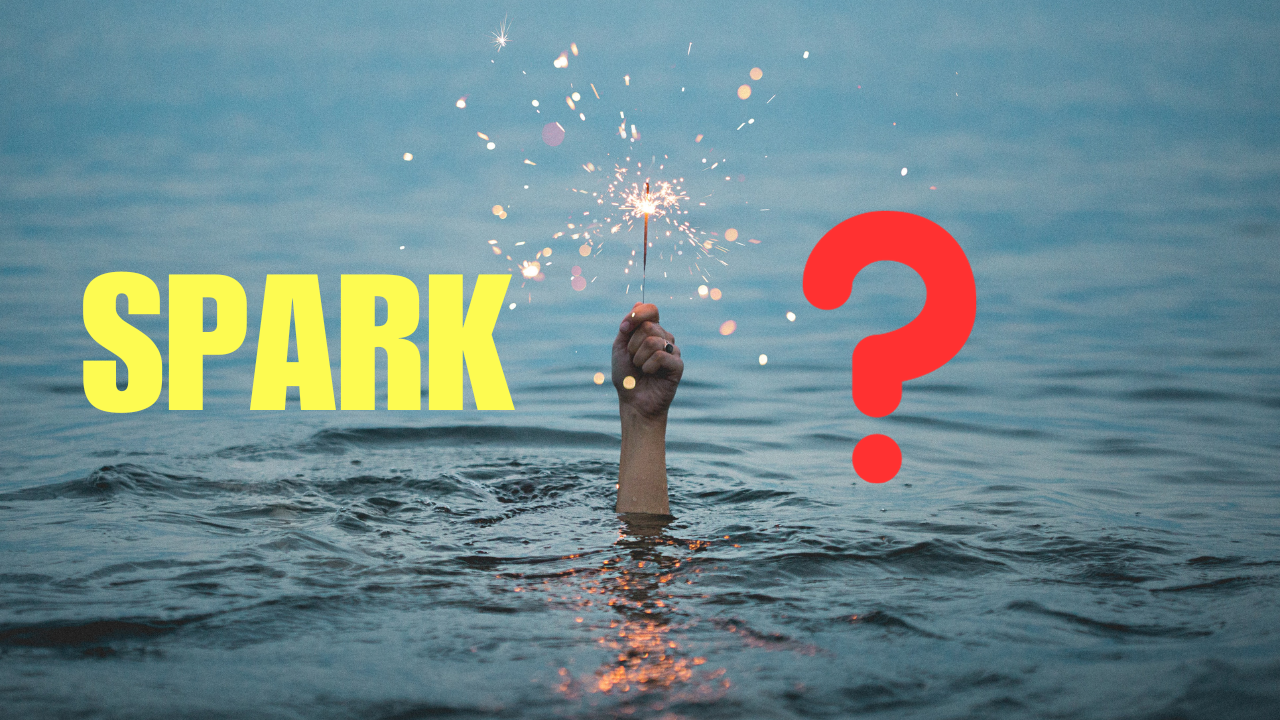You’ve LOST the spark
You’ve lost the spark. Now what? Is it even possible to get it back? You call it quits because how can a relationship survive without its spark.
There are 3 phases of love that all relationships navigate – limerence, trust, then commitment.
Limerence is the initial “falling in love” phase, there is a magnetic pull and you can’t seem to get your hands off each other and there’s obsession as you can’t get your mind off each other either. Commonly referred to as the honeymoon phase, but not to be confused for love.
This initial phase is commonly where disillusionment creeps in, you expect sparks to ignite whenever you’re around each other, but when the spark fades, you begin to question, what’s wrong with the relationship?
There’s nothing wrong with the relationship. The expectation set up by Hollywood and social media are only highlight reels, not grounded in reality, and only set us up for disappointment.
There is a physiological, biochemical component that assists in the process of the initial “spark”, and you know when it begins to fade when what initially attracted you to your partner starts to repel you. This boost at the initial phase of a relationship helps lubricate our attachment to our prospective partners, turning a blind eye to flaws. Because without it the human race would become extinct. It’s crucial to understand that it’s normal to “lose the spark” at the early stage in any relationship, it’s inevitable. A relationship truly starts after the initial “spark” is lost.
The trust phase is where partners test each other on whether they can trust the other. Couple conflict tends to be centred around trust, “are you there for me?”. It forms the testing grounds for the shift into the commitment phase. Which is the second most common time where couples report “losing the spark”.
The commitment phase is about loyalty - “of all the people in the entire world, it’s you I choose to be with”. Your partner becomes the default, which is lovely because it invites safety, security and stability, but along with it comes familiarity. Your partner can be many things in your relationship, but new is not one of them.
When couples refer to the spark in the commitment phase, they’re actually talking about desire. You’ve lost the desire for their partner. You compare your relationship to when you first started and you wonder, how come we don’t make love the same way?
Desire is the wanting. And you want what you can’t have. Commitment is the exact opposite. You’ve secured it, you have it. This is the phenomenon of “losing the spark”. But the idea that you have your partner is only an illusion. It’s the instituationalised concept of marriage that has instilled this idea of guaranteed love and security, which has hindered the notion of voluntary affection and hence desire.
Partners misconstrue desire as a trait, rather than a state. They attribute it to their partner becoming less desirable over time because they’re too comfortable or they haven’t taken care of themselves or they’ve become too familiar to be an object of your desire. Desire is a state, it’s an ongoing, active process. You don't just lose the spark, you let it die out.
There are two types of desire, spontaneous and responsive. Spontaneous desire is desire that seemingly comes out of the blue. It’s what most people think of as “the spark” and is most alive during the early stages of a relationship. At the start its easy, you don’t need to switch it on, it switches you on, later on, it’s not the same.
Most people will shift to responsive desire – which is desire in response to pleasure. It takes time to get there. It’s like going to the gym, at first, you don’t want to go, and it feels like you’re having to force yourself, but when you do, you’re glad you did. You act, not according to how you feel, but how you would like to feel. That is committed sex. It becomes about willingness and making the conscious choice to be in a sexual relationship.
Yes, it may not sound “sexy” and yes, it’s different to when you had “the spark”. But being in relationship is remaining attached even when there is no “spark”.
So, you’ve lost the spark. Now what?

